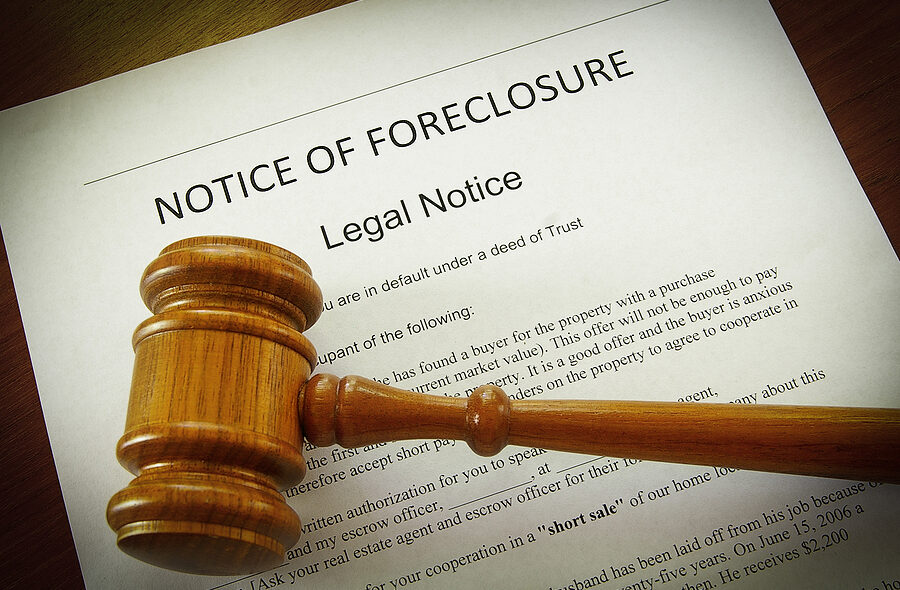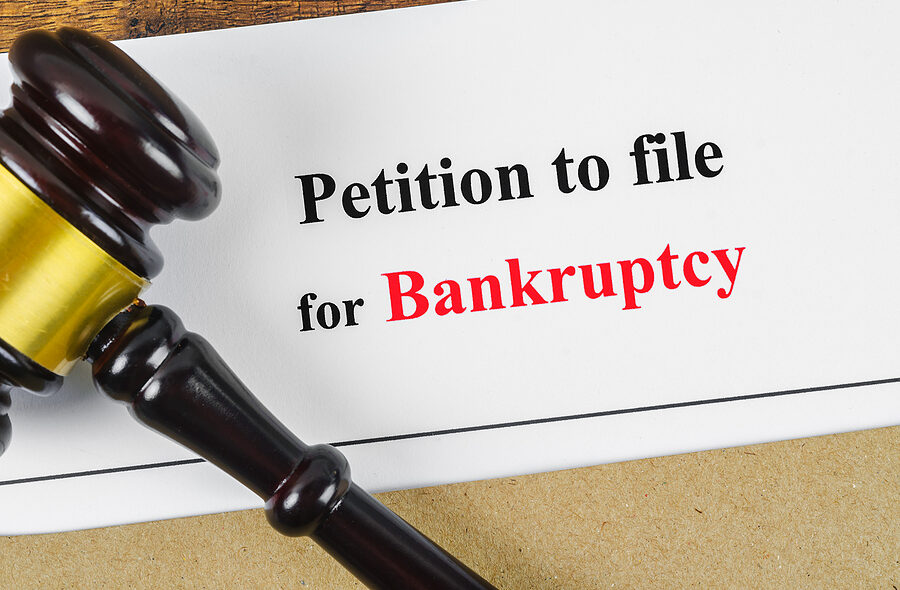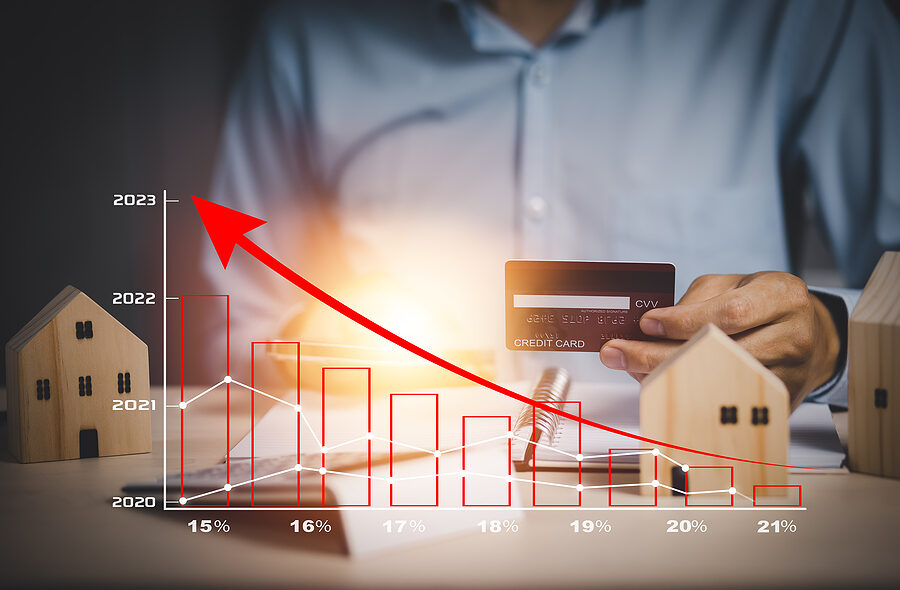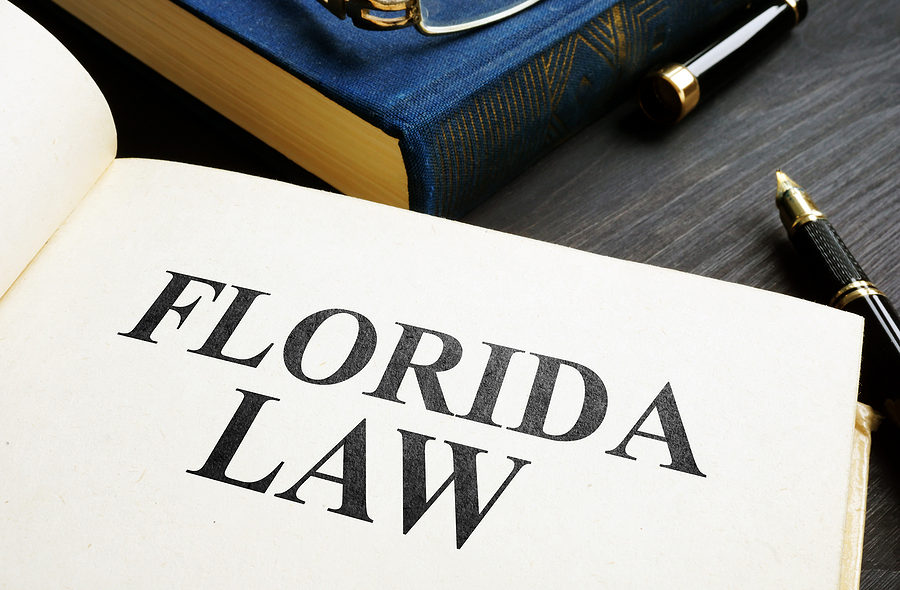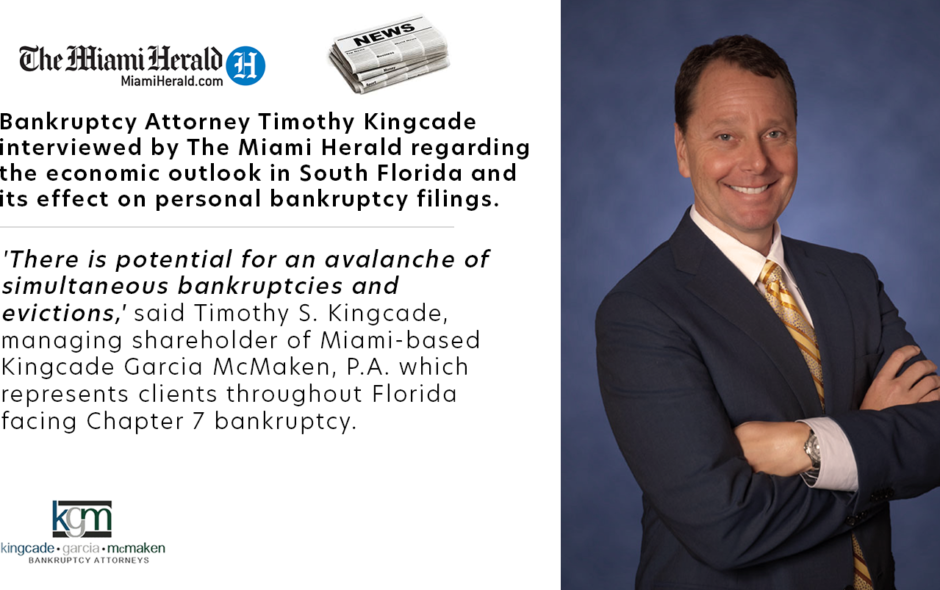Many people assume that filing for bankruptcy means that they will never be able to qualify for a home loan or take out credit again. This is one of the many bankruptcy myths out there. The following steps can help you achieve the goal of purchasing a home post-bankruptcy.
- Review Your Financial Situation
After receiving your fresh start from bankruptcy, you should review your financial situation. Ensure that all of the debts that would have qualified for discharge in a bankruptcy case have, in fact, been discharged. It also helps to get a clear picture of where you are financially by reviewing your credit report. Most financial experts recommend you review your credit report every year to ensure that no mistakes exist on the report and to ensure that progress is being made in rebuilding your credit.
- Establish a Budget
Not only is it helpful to get a good idea of your financial situation by reviewing your credit report and keeping tabs on your progress in rebuilding your credit, it is also important to establish and stick to a budget. Review your monthly household expenses, as well as your monthly income. Lay out any upcoming annual expenses, including taxes or vehicle registration, and make sure enough money is available to pay for all of these necessary expenses. If any additional funds are available after all needed expenses are met, use this money to help build up a savings for a down payment, as well as unexpected emergency expenses. Stick to this budget throughout the year, as much as possible to help build up savings for a down payment on a home.
One practical way to grow your savings is to follow the adage of paying yourself first. When creating a budget, make sure that putting money into savings is a priority by doing it before you use any extra money on unnecessary expenses. While the more you are able to put away into savings is better, also be realistic in how much you set aside for savings. Do not stretch yourself too thin to the point where you have nothing left for any other costs and expenditures.
- Rebuild Your Credit
Building up savings is important, but it is equally important to rebuild your credit after bankruptcy. One important tool used by bankruptcy filers to rebuild credit is a secured credit card. These types of cards carry lower spending limits and higher interest rates but using a secured credit card for a short period of time can help rebuild credit. After a set period of time, you can begin using a conventional credit card, so long as the balance is kept low and paid in full every month. It also helps to continue paying all bills on time and not missing payments, which will improve your credit score over time.
- Formulate a Plan
You should go into the home purchasing process with a plan in mind. Calculate what type of down payment you can afford, but also keep in mind what type of monthly mortgage payment your budget can handle. Financial experts recommend that you not spend more than 28 percent of your income on housing costs. Also ensure that your budget allows for additional expenses, such as regular maintenance and costs that come along with home ownership. If you have a house you are interested in, make sure you schedule a thorough inspection to ensure that no additional, unidentified problems come along with the purchase.
- Get Organized
Before applying for a mortgage, it is recommended that you get yourself organized and prepared with all of the financial information that will be required for a mortgage application. If you have just completed a bankruptcy case, odds are you are familiar with compiling important financial documentation, including paystubs, tax returns, list of assets and other financial documentation. Common documentation that is required includes bank, credit card and other loan statements, tax records, insurance documents, employment records, paystubs, and investment records. If you have recently gone through a bankruptcy, you may also need to provide legal documentation, such as your bankruptcy petition.
- Research Your Mortgage Options
It pays to do the research to determine the best available lending options. Conventional mortgages are available through private lenders, mortgage companies, commercial banks and credit unions. These types of mortgages tend to be more rigid in their criteria. The Federal Housing Administration (FHA) also offers loans that are backed by the government. These loans are a little more flexible in their criteria but come with other restrictions on the person’s ability to flip the property or rent it out later. FHA loans, however, are beneficial for first-time or lower-income homeowners. Be sure to research the different interest rate options available before signing on the dotted line. Financing can be done through a fixed-rate mortgage, which locks the purchaser into an interest rate at the time he or she signs loan documents, or an adjustable rate mortgage, which can mean rates can fluctuate with the market.
How smoothly purchasing a home after bankruptcy goes can depend heavily on the type of consumer bankruptcy that was filed, whether it be Chapter 7 or Chapter 13 bankruptcy, and the type of loan being sought. Mortgage lenders have different “seasoning periods” that determine when someone is ready to receive a mortgage following a bankruptcy or foreclosure. For a Chapter 7 bankruptcy, the period usually is four-years after discharge for a conventional mortgage or two years for a VA or FHA loan. However, for a Chapter 13 bankruptcy, a borrower may be able to get a conventional mortgage just two years after receiving a discharge or even less than two years if the borrower is seeking a VA or FHA mortgage.
If you have questions on this topic or are in financial crisis and considering filing for bankruptcy, contact an experienced Miami bankruptcy attorney who can advise you of all of your options. As an experienced CPA as well as a proven bankruptcy lawyer, Timothy Kingcade knows how to help clients take full advantage of the bankruptcy laws to protect their assets and get successful results. Since 1996 Kingcade Garcia McMaken has been helping people from all walks of life build a better tomorrow. Our attorneys’ help thousands of people every year take advantage of their rights under bankruptcy protection to restart, rebuild and recover. The day you hire our firm, we will contact your creditors to stop the harassment. You can also find useful consumer information on the Kingcade Garcia McMaken website at www.miamibankruptcy.com.
Related Resources:
https://blog.credit.com/2017/11/5-steps-to-buying-a-home-after-bankruptcy-115998/
https://blog.credit.com/2014/10/how-soon-can-i-buy-a-house-after-bankruptcy-or-foreclosure-98939/

